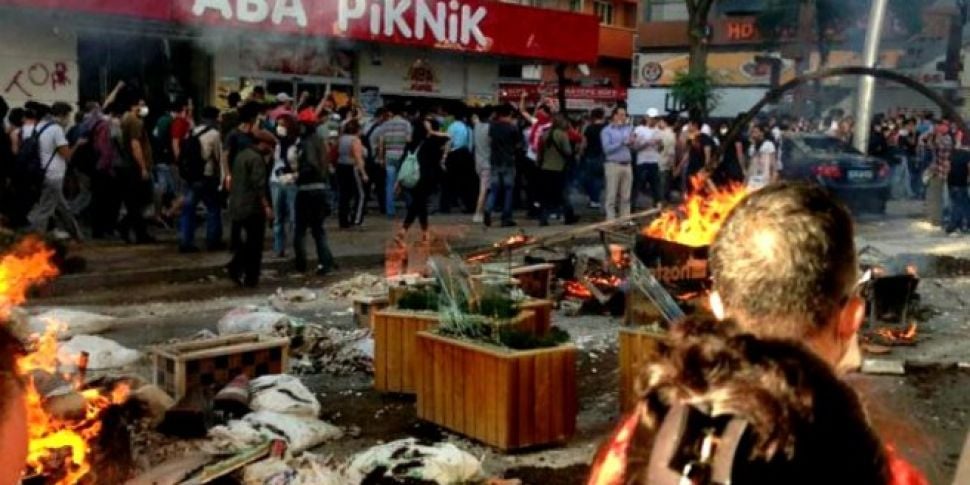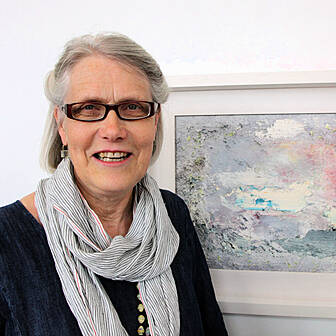Following the recent turmoil on the streets of cities and towns across Turkey, the country’s media has been called into question on whether or not they are accurately covering events.
While riots between protesters and police took hold of Istanbul and Ankara, state television were broadcasting documentaries on completely unrelated topics. In the image below, which is circulating on social media websites, a comparison between Turkish CNN, left showing a program about penguins, and International CNN, right covering the civil unrest, clearly shows a mixed news agenda.
The state's media is largely supportive of the Justice and Development Party led government, whose Prime Minister Recep Tayyip Erdogan blamed the protests on an “extremist fringe” who have stoked tensions using social media, which he believes is the "worst menace to society." Most major media organisations in Turkey are part of conglomerates, one of which underwent a merger funded by state-owned banks and another whose faced a costly legal dispute which mysteriously abated.
Critics accuse the government of controlling the agenda of the stations as a result of this, something which has been denied.
A study by a New York university has shown that social media is an important element in these protests, and even more so than in similar Middle Eastern unrest during the Arab Spring. This is thought to be due to a combination of the nation being relatively tech-savvy with the lack of accurate coverage of events in local media.
Prime Minister Erdogan has faced calls to resign over his handling of the unrest, which was sparked earlier this weekend over the police ousting members of the public who were trying to prevent a park being bulldozed to build a shopping centre. This has since escalated to a wider protest, fueled by anger at an alleged Islamist agenda by the government, contrary to Turkey’s traditionally secular society.
Crowds gathered yesterday outside NTV, a privately owned station, protesting at the alleged misrepresentation of what is happening in Turkey. Not only is pressure like this mounting on the stations within Turkey, by the Head of the Council of Europe has today urged “all media outlets to provide full and accurate coverage of the situation.”
HaberTurk TV also faced similar protests, and a NTV television van present at the protests being vandalised. Turkish newspapers reporting scarcely on the unrest, instead focusing on the Prime Minister's comments where he said that it was unusual to see such events on the streets. Smaller newspapers were actively reporting on events.
(Image Source: showdiscontent.com/)
The exertion of power by the state over the country’s media is not anything new. Earlier this year, vetern journalist Hasan Cemal was forced to resign following the publication of a story relating to ongoing tensions between Turkey and Kurdish separatist movements. The Prime Minister personally lambasted the journalist for the article, going as far as saying “damn your journalism”, and Cemal was pressured into stepping down. The government frequently criticises those who voice opposition to the ruling Justice and Development Party.










